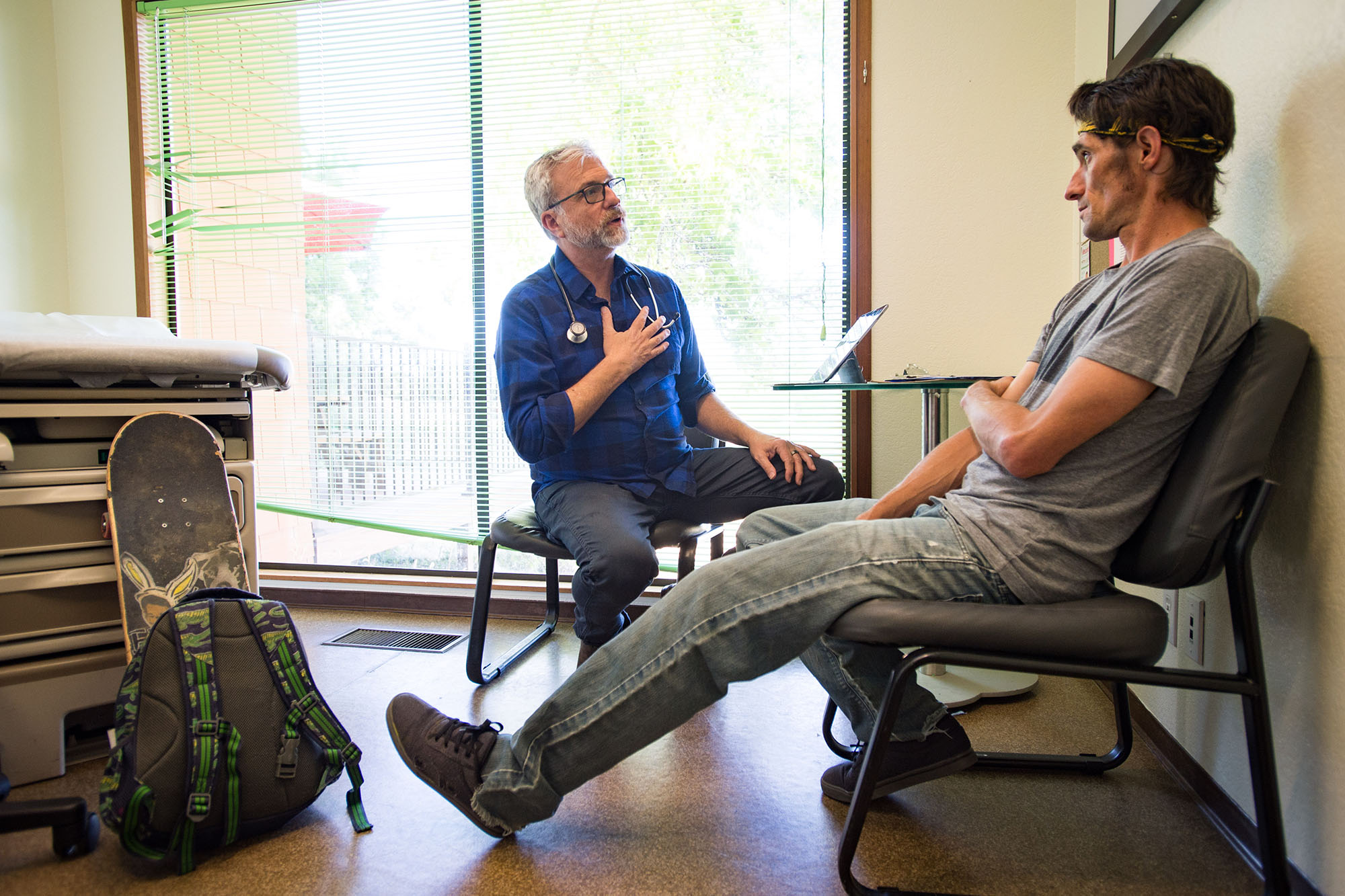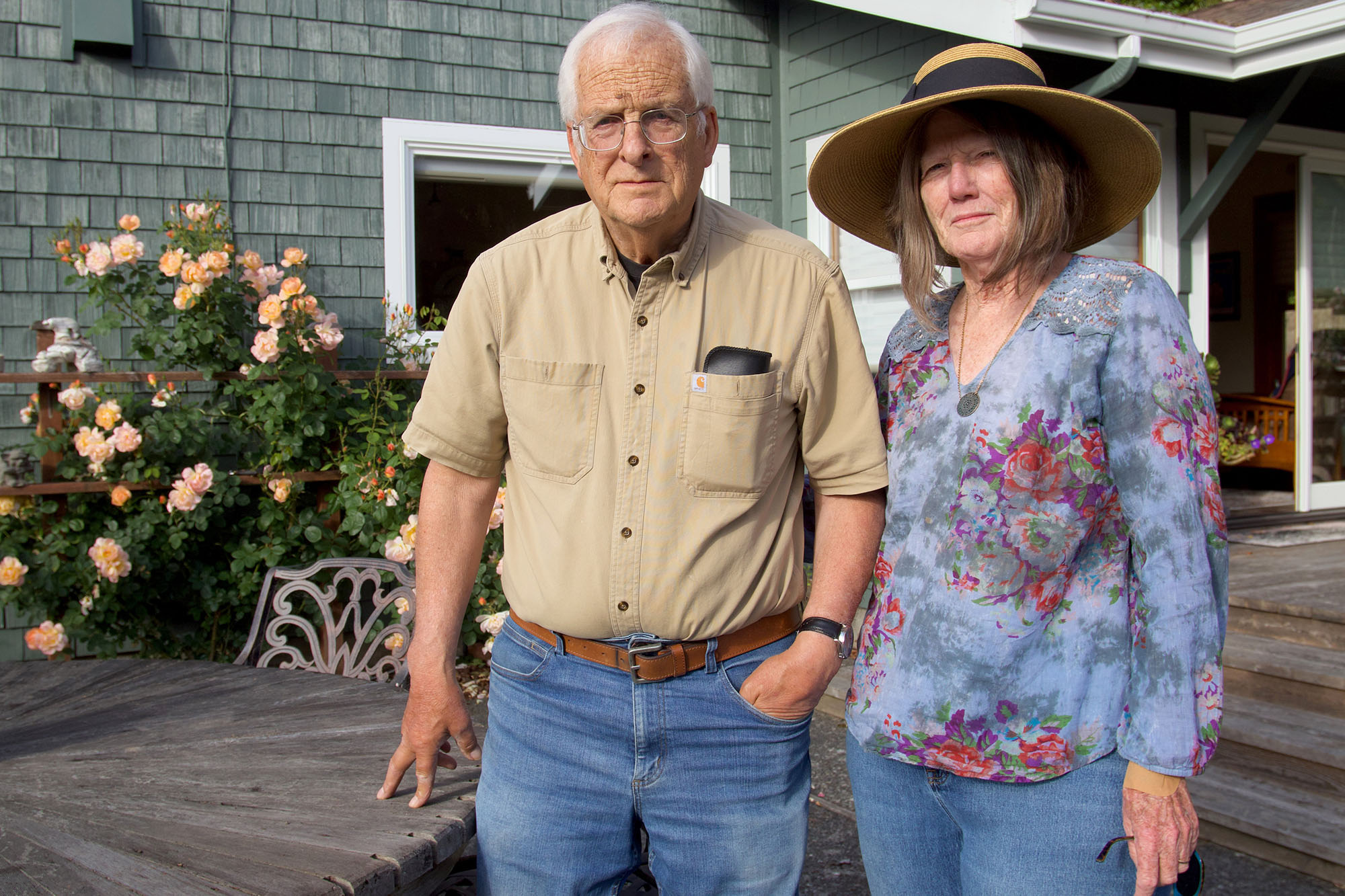View the Report
Jump to All Downloads & LinksIn California, one of the most culturally diverse states in the country, health care must bridge cultural and linguistic divides to serve all communities equitably. As trusted community members with lived experience, community health workers and promotores (CHW/Ps) have a long history of connecting those not well served by the traditional health care system with culturally competent health and social services.
In California, CHW/Ps are increasingly recognized as a critical part of the health care workforce. In 2019, the California Future Health Workforce Commission recommended scaling the CHW/P workforce to broaden access to preventive and social support services as well as team-based integrated primary and behavioral health care.
It is important for CHW/Ps themselves to share their experiences and voice their opinions about their profession. CHW/Ps across the state and in a variety of workplace settings were asked to fill out a survey between October 2021 and January 2022. This report summarizes the results and attempts to crystalize attributes and perspectives of CHW/Ps. Given this timing, the survey surfaces data surrounding CHW/Ps’ work during the COVID-19 pandemic.
Key Findings
The vast majority of respondents were employed full-time in a paid CHW/P position. Among these respondents, key findings included:
- A majority of respondents were women and Latinos/x.
- A majority of respondents were employed in the Bay Area.
- Nearly two-thirds of respondents’ employers required a high school diploma or less.
- More than half of respondents worked in a community-based organization, and a plurality worked in a community clinic or a community health center.
- Nearly half of respondents were paid $20 to $25 per hour.
- Most respondents had completed relatively short CHW/P training (40 hours or less). Nearly 70% of survey respondents had completed CHW/P training. For most of these respondents, training was required and paid for by their employer.
- The type of work that respondents most often reported performing included identifying and referring people to community resources, and case management, coordination, and navigation.
- The work of a plurality of respondents did not focus on specific health conditions. Among respondents whose work did focus on particular health conditions, chronic health conditions and complex health or social needs were most often reported.
- The work of a plurality of respondents did not focus on serving specific populations or groups of people.
- Respondents were divided about whether they saw potential to advance in their role as a CHW/P. While most respondents saw an opportunity to advance in their role, 49% said that there was no opportunity or that they were unsure of their opportunities to advance.
- Documentation of services (i.e., documenting services provided to clients in an electronic health record [EHR], paper medical record, or a separate record-keeping system) was an important component of the CHW/P role. Nearly one-third of respondents spent 10 hours a week or more on documentation in an EHR.
- The COVID-19 pandemic increased the amount of CHW/P work conducted virtually. As a result of COVID-19, most respondents anticipated that computer skills, general knowledge of COVID-19, and resilience would be the most important attributes to have in the next three to nine months.
Authors note that the findings are not representative of the entire CHW/P population in California. Additionally, the survey was available to complete only in English or Spanish.
This report is part of a series that aims to paint a more complete picture of the CHW/P workforce in California, as well as challenges and opportunities related to training and employment. Explore the full series.
Authors & Contributors
Susan Chapman, RN, PhD, FAAN
Susan Chapman is a professor of social behavioral sciences in the School of Nursing at UCSF and is a faculty affiliate of the Philip R. Lee Institute for Health Policy Studies (IHPS) and Healthforce Center at UCSF.
Timothy Bates, MPP
Timothy Bates is a senior research data analyst with IHPS at UCSF and is affiliated with Healthforce Center at UCSF.
Jacqueline Miller, BA
Jacqueline Miller is a senior research data analyst with IHPS at UCSF and is affiliated with Healthforce Center at UCSF.





